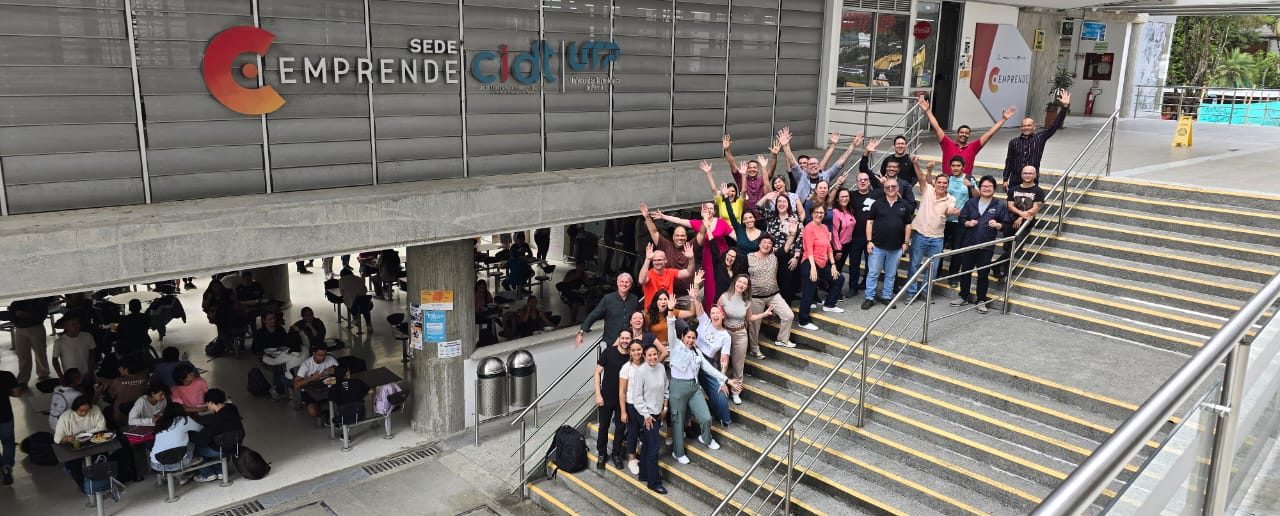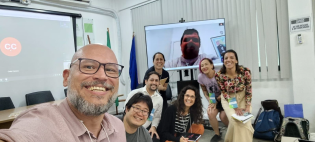EMBRACE: Cultivating Learning Ecosystems for Thriving Communities and Economic Growth
Published 20 January 2025

Photo by: Embrace Team
The digitalization of work demands stronger ties between universities and industries, emphasizing collaboration, transversal skills, and innovative ecosystems to prepare students for the evolving future of work.
The digitalization of the world and the increased use of AI, robotics, and other disruptive technologies have accelerated the changes of future work and how we should understand and prepare for it. For higher education institutions (HEIs), this means that connections with the world of work should be stronger, leading to an updated view of what is happening in workplaces and what the prospects are in different fields. The set of skills needed in the future of work is also constantly changing, emphasizing more transversal skills that help us manage our work, solve problems and adapt to changing situations.
One of the main objectives of EMBRACE is to build innovative collaborations between higher education institutions (HEIs) and partners from the world of work/society, leading to a stronger learning ecosystem as well as economic and social development in the partner regions. New and improved collaborative models increase the relevance and quality of education by better addressing the needs of business and other societal organizations and by developing students’ competencies relevant to the future of work. Stronger links between universities and the world of work expose students to the needs of potential employers and build their networks for their future careers, while businesses and society have the opportunity to influence curriculum development and benefit from different types of research, development and innovation collaboration with universities, their teachers, researchers and students.
The EMBRACE partners gathered in Pereira, Colombia, in November 2024 to launch the second half of the project, which focuses on the development of collaboration between universities and the world of work. The experts and teachers from each partner institution spent the week mapping their current collaborative models and practices and based on these, started to design innovative learning ecosystems for their context. The development continues institutionally in 2025, with moments of mentoring and sharing with other partners, culminating in an online event to disseminate the ecosystems to a wider audience and an e-book presenting them and the process of their evolvement.



